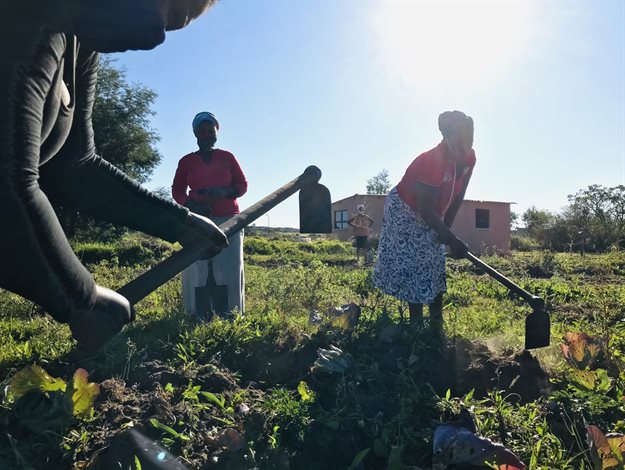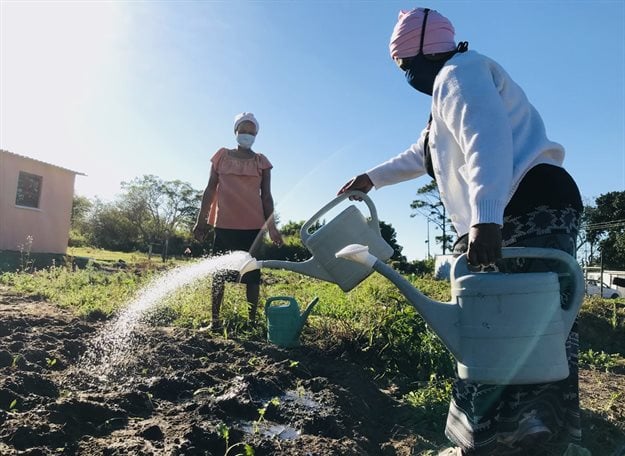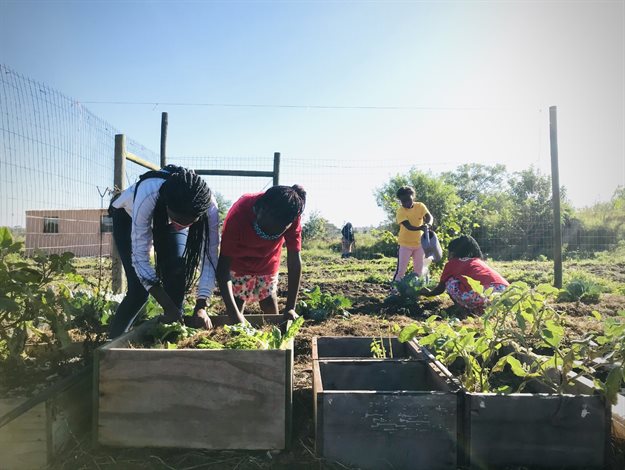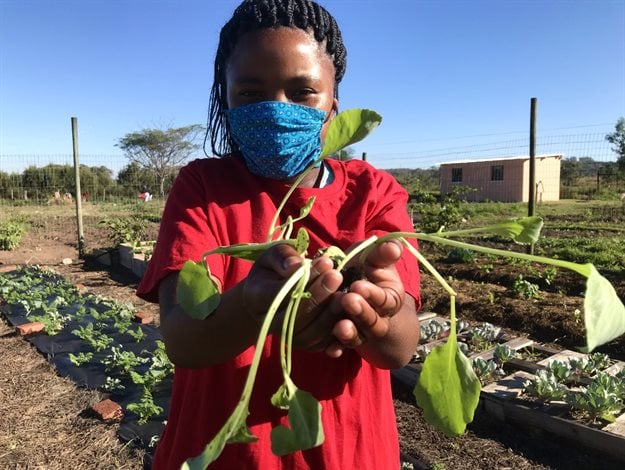
Top stories






More news


Marketing & Media
Ads are coming to AI. Does that really have to be such a bad thing?














Working together since 2017, the two collaborate on identifying NGOs within the MAMAS Alliance network that qualify for food garden interventions from FTFA. “The socio-economic impact of food garden initiatives is significant," says Magali Malherbe, MD at MAMAS Alliance. "Not only does it empower communities to self-sustain, the independence also restores their sense of dignity. Freeing people from the uncertainty of where their next meal will come from enables them to learn, grow and, ideally, thrive.”

While providing food parcels during the Covid-19 pandemic addresses the short-term needs of vulnerable communities, it does not make for a sustainable food security solution during or beyond the current crisis. The Community Market Gardens programme goes beyond helping communities meet their immediate food security needs, explains Ruth Butcher, CSI consultant at MAMAS Alliance: "When it comes to food gardens, not only are they providing food relief, but there is a transfer of skills, a sense of responsibility and pride in being able to provide for one’s family. There is direct food relief, as well as the potential to generate an income from the produce. This creates a full circle of sustainability."
Corporate sponsors are able to commit to food garden initiatives for a period of 12 months to three years, covering the provision of equipment, seedlings and fertilisers, monthly skills development workshops, and sustainable irrigation systems, among other needs. Once the gardeners become self-sufficient and proficient, the garden then exits the programme to operate independently.
"Ideally, we would love to see corporates sponsor food gardens from end to end in the vulnerable communities our NGOs operate in," says Butcher. Interested sponsors can contact her by emailing moc.ecnaillasamam@bhtur.

An example of a successful community market garden project is run in Ntsoanatsatsi in the Free State. A positive off-shoot from the garden is a soup kitchen, run by Mama Kate Molefe, which feeds over 266 children daily. During the week, volunteers and the mothers from the Orphans and Vulnerable Children programme tend to the gardens by ploughing, watering and harvesting the produce.
During the lockdown period, while most of the MAMAS Alliance programmes had to be closed, the NGOs that are part of the network primarily focused their efforts on food relief through the provision of food vouchers or food parcels. "Many NGOs also have food gardens or some sort of farming activities that were able to continue during the hard lockdown. This we have found to be the most sustainable as it will also extend beyond lockdown," says Butcher, who notes that children have also become more involved with gardening during lockdown, and technical skills have been shared as they accompany the “gogos” (mums) to the fields.

In order for SA to overcome this health and humanitarian crisis, we need to address the current need while also focusing on providing sustainable solutions for the long-term, says Butcher, "Food parcels have their role at the moment, but by promoting and implementing food gardens, it will be easier to phase them out. By capacitating a community with a food garden, providing the relevant training, equipping them with the skills and tools, essentially we are setting them up for success."
With Mandela Day around the corner, she says that this year will be different as volunteers may not be able to get directly involved in initiatives they care about. "But that does not mean people cannot help. It just means helping in a different way like dropping off food, blankets, old clothing at your nearest NGO. Mandela Day can also be used as a day of reflection. Being thankful for what you have," concludes Butcher.

MAMAS Alliance is a network of 33 independent grassroots NGOs across South Africa, operating from over 75 sites and serving in excess of 60,000 direct beneficiaries daily. The organisations focus on providing services to the most vulnerable members of our society; children and youth. For more info, go to www.mamasalliance.com.
